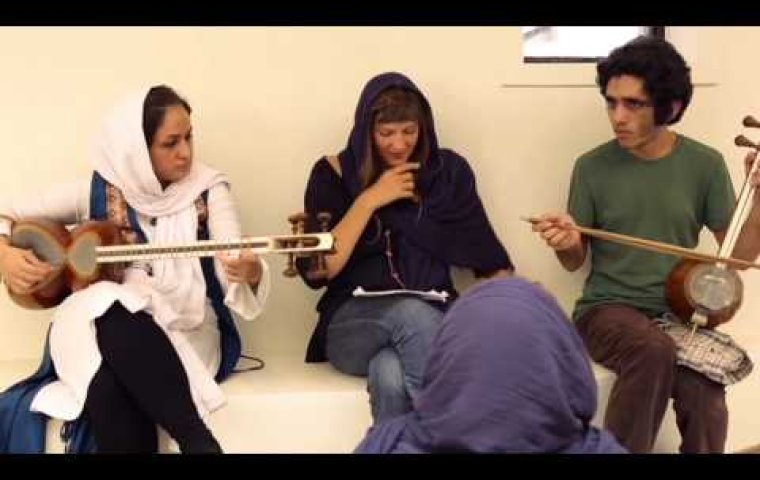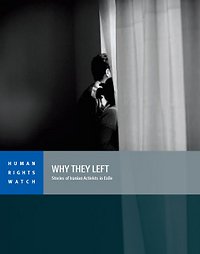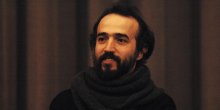<p>A political thriller and a musical journey,<em>No Land's Song</em> never loses sight of its real center - the female voice.</p>
No Land's Song

Synopsis
"The female voice is fading away." – Sara Najafi, Iranian composer
The Islamic revolution of 1979 banned female singers from appearing in public in Iran. They are no longer allowed to perform solo, unless to an exclusively female audience. Recordings of former female icons can only be bought on the black market. But Sara Najafi is determined to refresh the cultural memory by roaming Tehran in the footsteps of famous singers of the 1920s and 1960s. She is about to revive the female voices in the present as she courageously plans an evening of Iranian and French female soloists to rebuild shattered cultural bridges—a concert that is not allowed to take place. For two-and-a-half years, director Ayat Najafi follows the preparations between Tehran and Paris that are always touch and go. What's still possible? What goes too far? Sara's regular meetings with the Ministry of Culture shed light on the system's logic and arbitrariness, though officials there can only be heard and not seen. Can intercultural solidarity and the revolutionary power of music triumph? A political thriller and a musical journey, No Land's Song never loses sight of its real center - the female voice.
NESTOR ALMENDROS AWARD
Renowned cinematographer and filmmaker Nestor Almendros (1930–1992) was a founder of the Human Rights Watch Film Festival, actively involved in the selection of films and the promotion of human rights filmmaking. Even while deeply immersed in his own projects, he took the time to call the Festival team to mention a strong documentary or promote a work-in-progress. Believing in the power of human rights filmmaking, Nestor devoted himself to becoming a mentor to many young filmmakers. It is in the Festival’s loving memory of Nestor and our desire to celebrate his vision that we proudly bestow this award to filmmakers for their exceptional commitment to human rights.
The Festival is delighted to present Ayat Najafi—director of No Land’s Song—with our 2015 Nestor Almendros Award for courage in filmmaking.
Human Rights Watch has looked extensively at freedom of expression issues in Iran, including regulations imposed on artists that restrict their work and subject them to harassment, detention, prosecution, and imprisonment on "national security" related charges. Issues surrounding censorship in the arts and issues connected to women's rights have long been a focus of Human Rights Watch's work in Iran.

